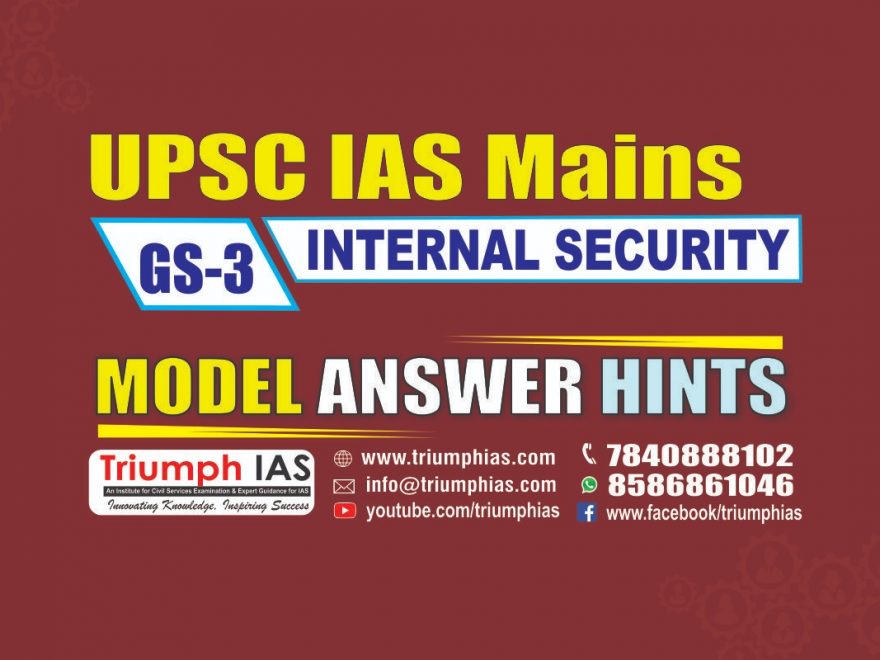Relevance: Mains: G.S paper III: Internal Security
Role of media in a democracy
- Inform and educate people objectively, impartially and in an unbiased manner about security threats and challenges
- Unbiased reporting with the restraints of self-regulations
- Promotion of the principles of healthy democracy
- Respect for the Constitutional Provisions
- To build a bridge between people and governments at the national level
- Uphold fairness, justice, national unity and international cooperation
- Inform, educate, entertain, publicize and most importantly correct the excesses in any society.
- Highlight the trouble spots in the society and press the government and public to devise suitable
mechanisms to eliminate them
- Shape the perceptions of government, influence public opinion, promote democracy, good
governance as well as influence peoples’ behaviour and support people- oriented policies.
National Security& Media
The media and national security policy of a nation have a strong connection in the contemporary environment. Television news in India, with far too many channels competes for viewership 24/7, and with the ‘Breaking News’ sensation, sets the pace for the print media. The distinction between facts, opinions, and speculation has blurred into irrelevance.
The connection between the media and national security policy is both direct and indirect. In the case of a strong administration, news is news and policy is policy. Under less certain administrations with low approval ratings and certainly administrations whose policies are undeveloped or who do not have a solid philosophical basis of operation; are subject to greater degrees of influence by dramatic reporting
Is Media Misleading? – Threat to Internal Security
- Indian media does not have a wider perspective of India’s national security issues.
- Indian media is in no mood to apply brakes or observe self-restraint on its wayward and insensitive
treatment of national security issues.
- Indian media’s (especially electronic media) analysis and over-analysis of national security issues
by groups of former diplomats, generals and academia’s arm chair strategists distort national
security perspectives. All these gentlemen can only draw on their outdated experience and none of
them are privy to latest inputs. Also, in many cases, reticence is their first casualty after retirement.
- Indian TV anchors discussing national security issues do not have the political and strategic
maturity to discuss national security issues as their Western counter-parts do.
- Indian TV debates on national security issues tend to cut out development of contrary views and
perspectives by imposing commercial breaks, or go hectoring themselves.
